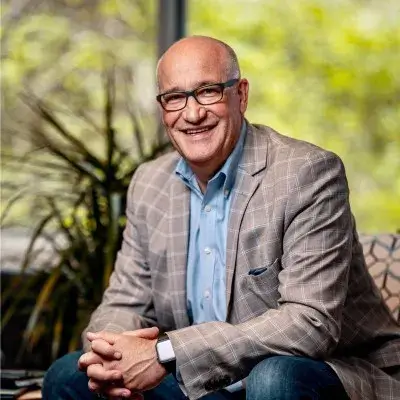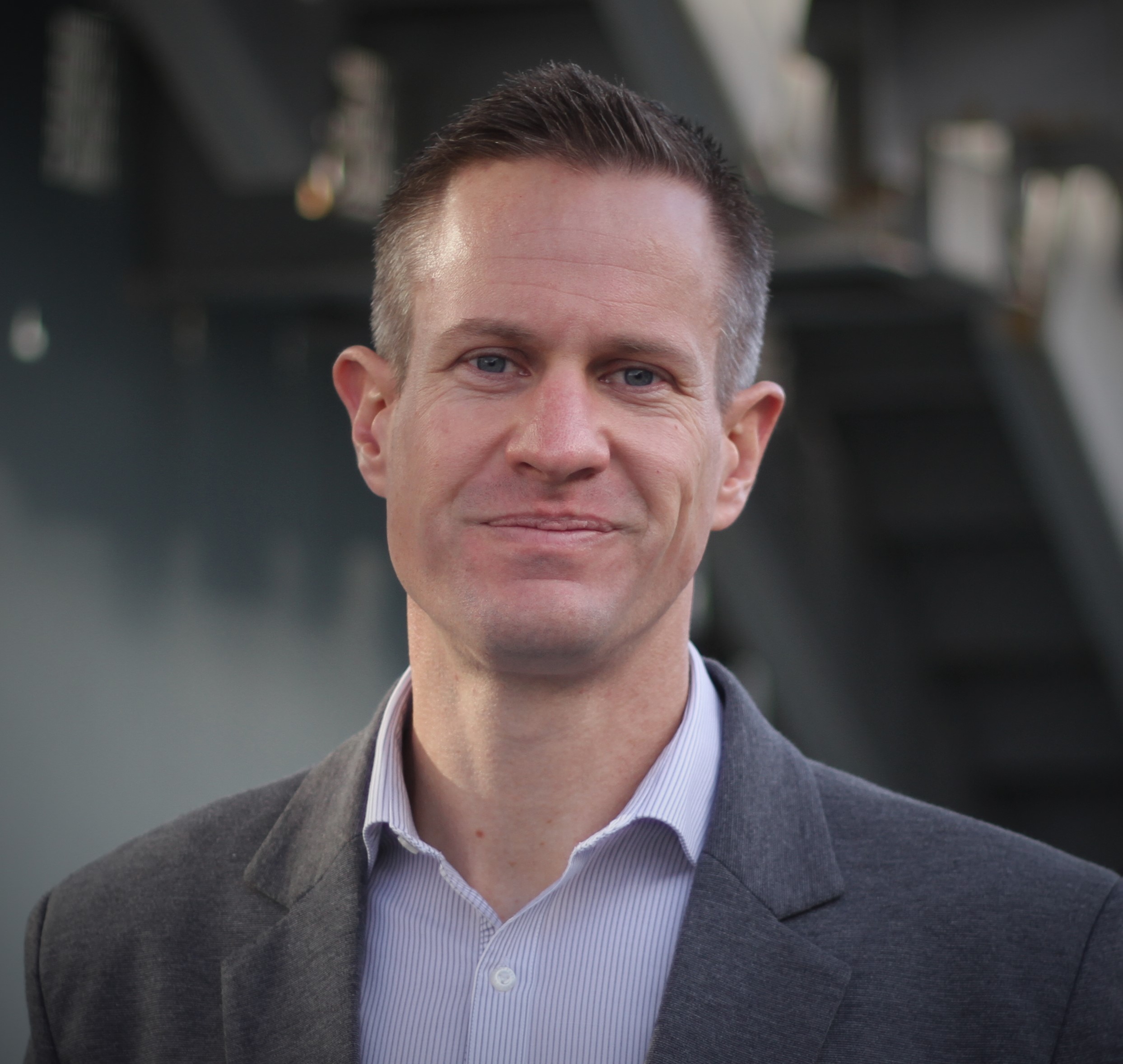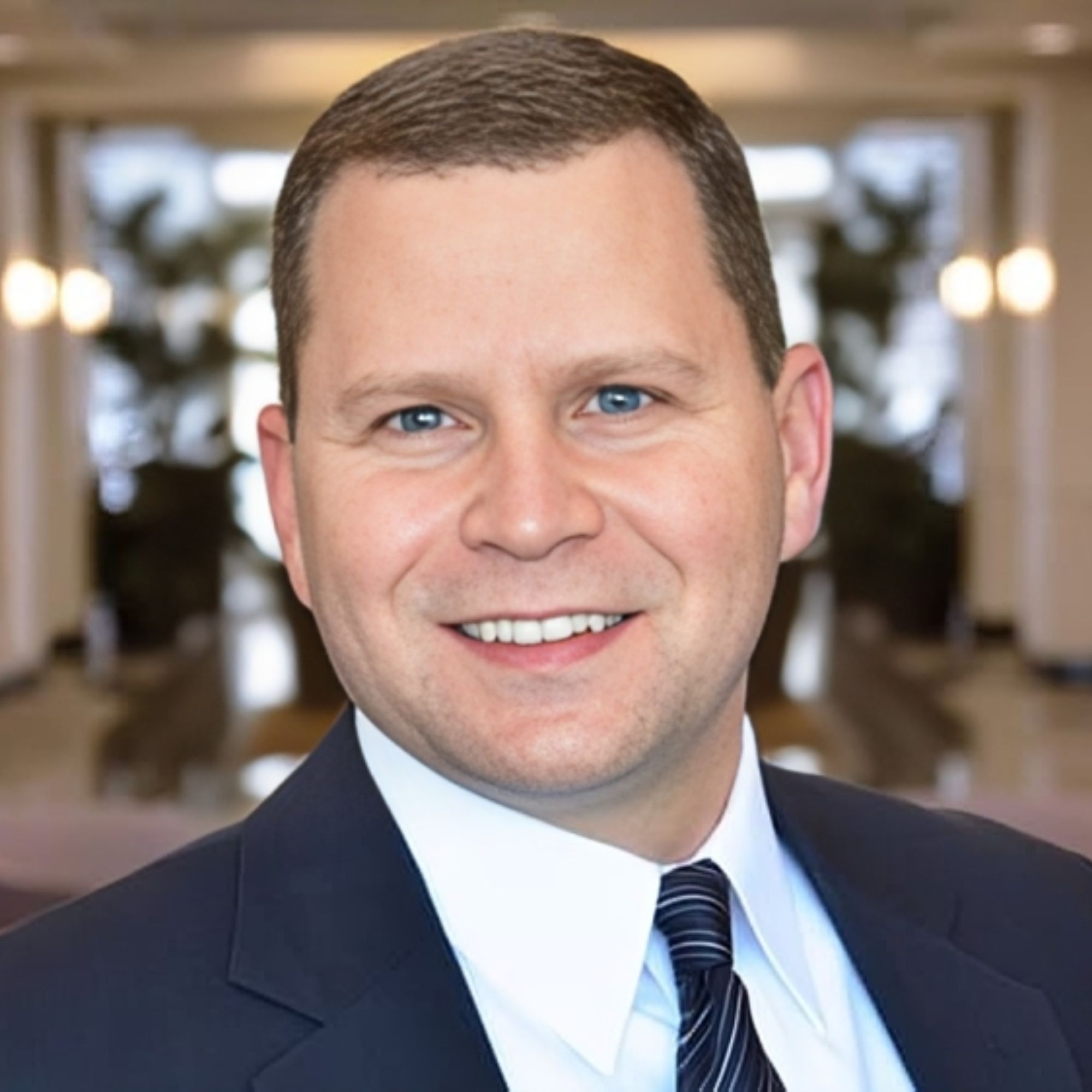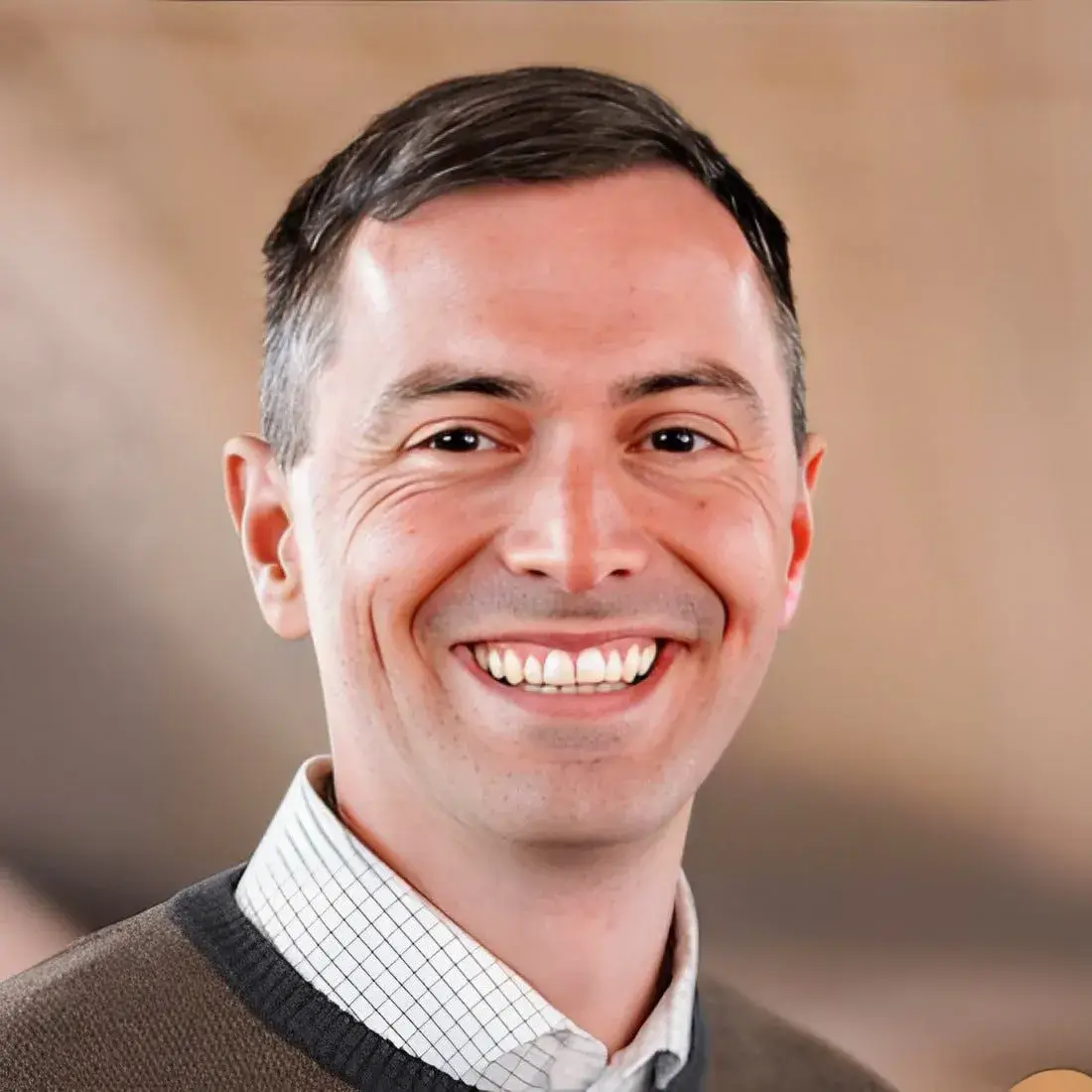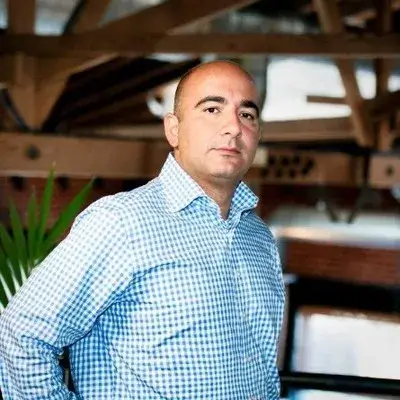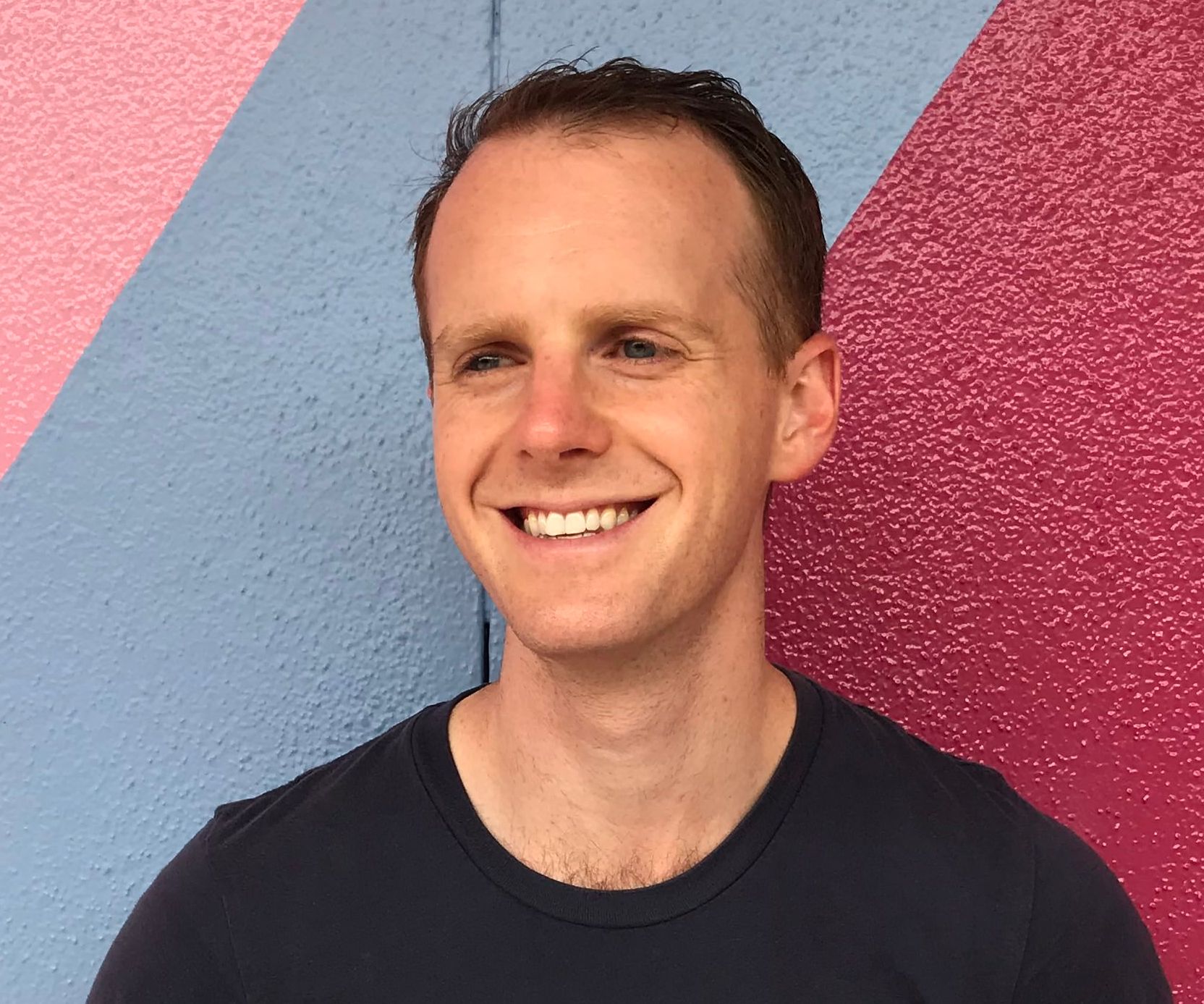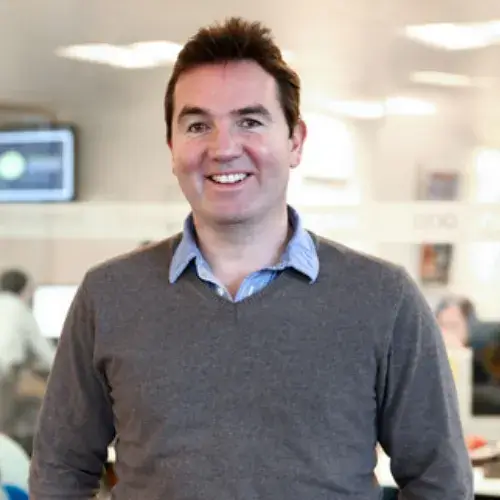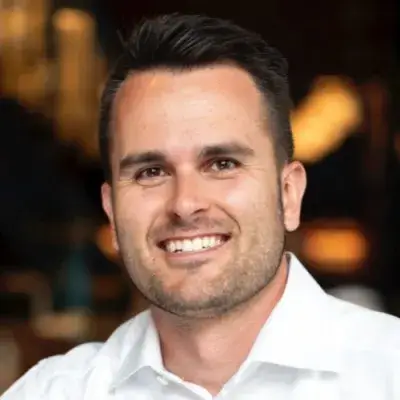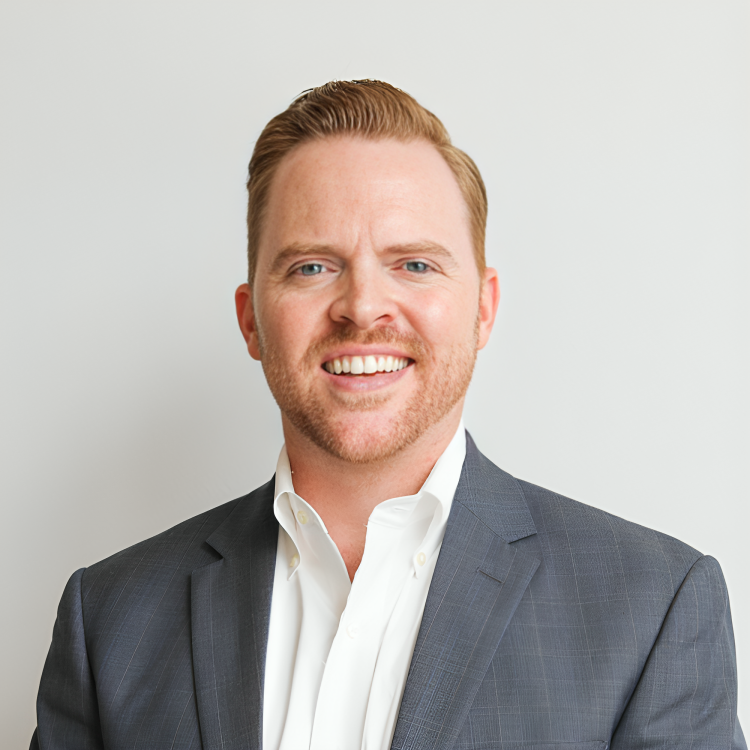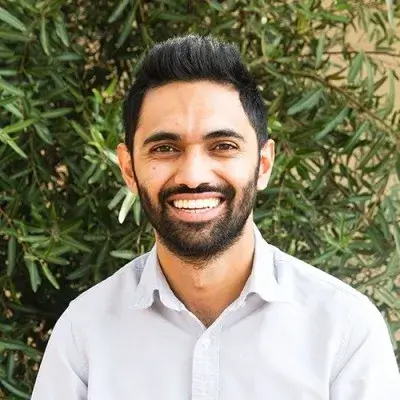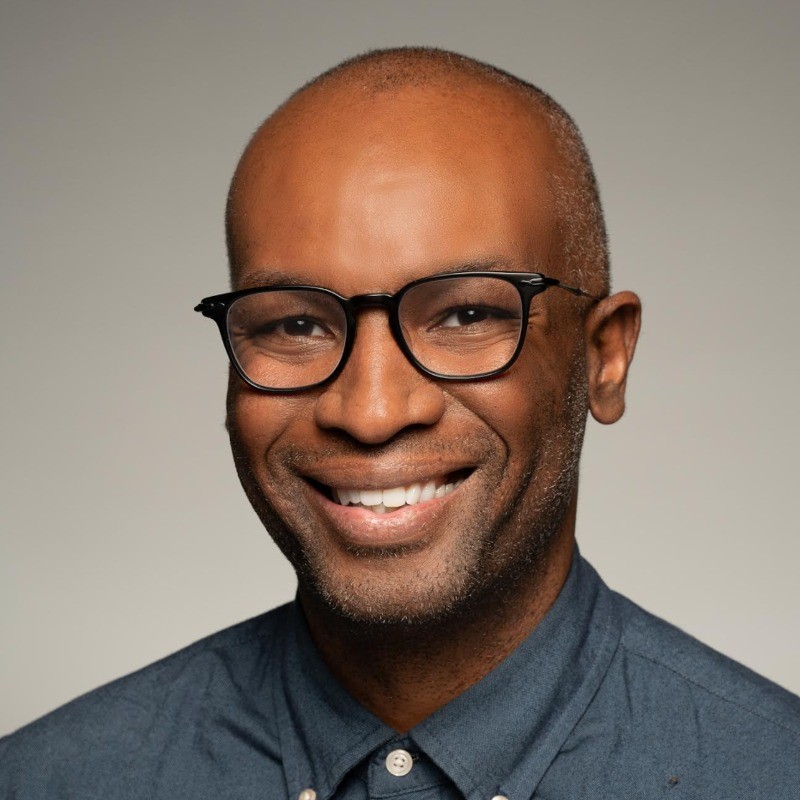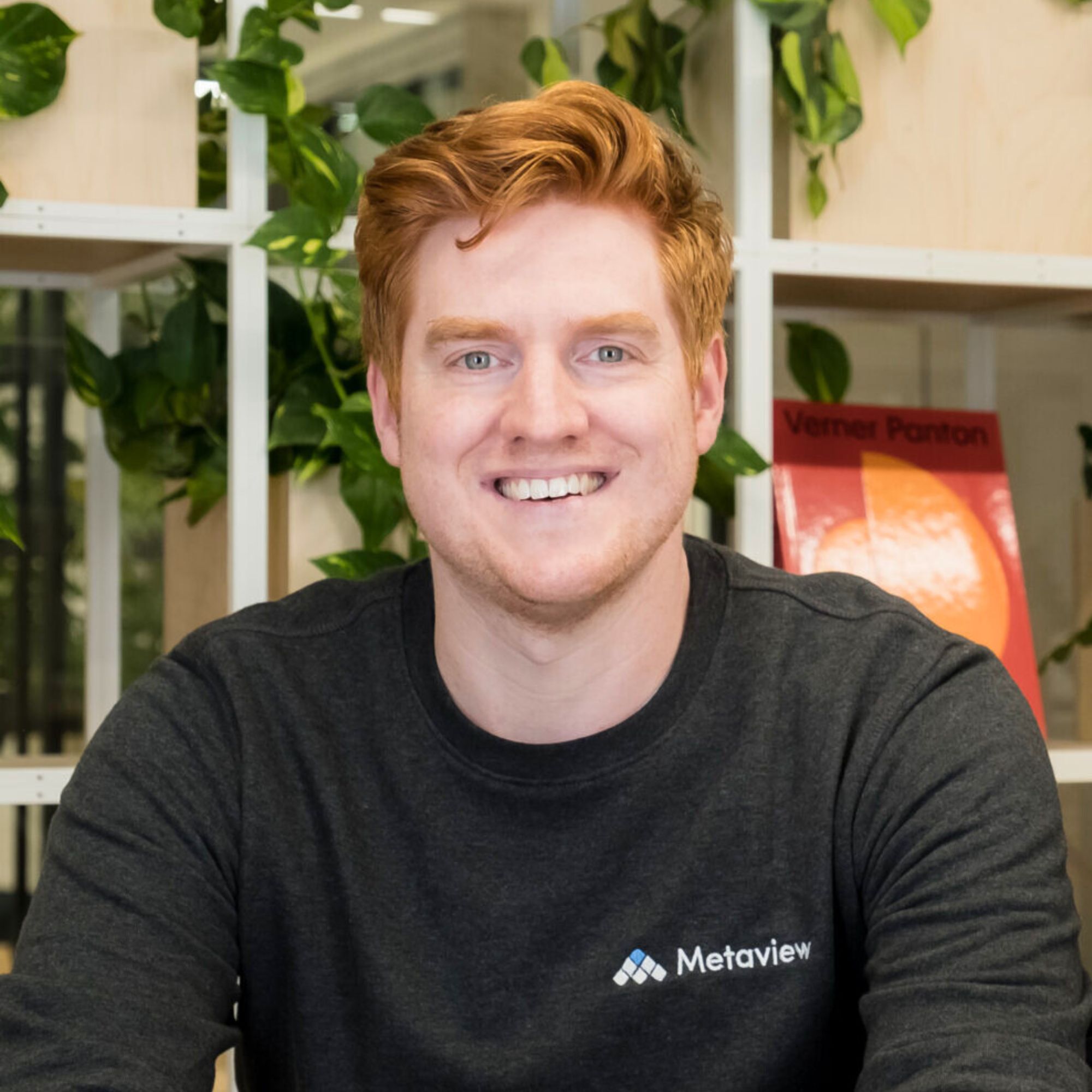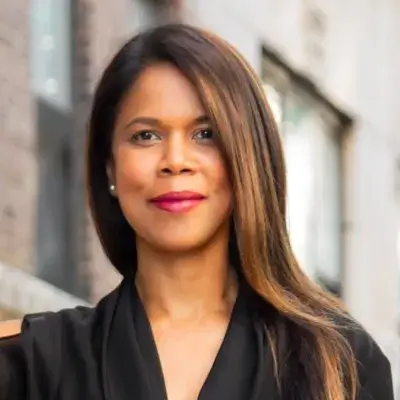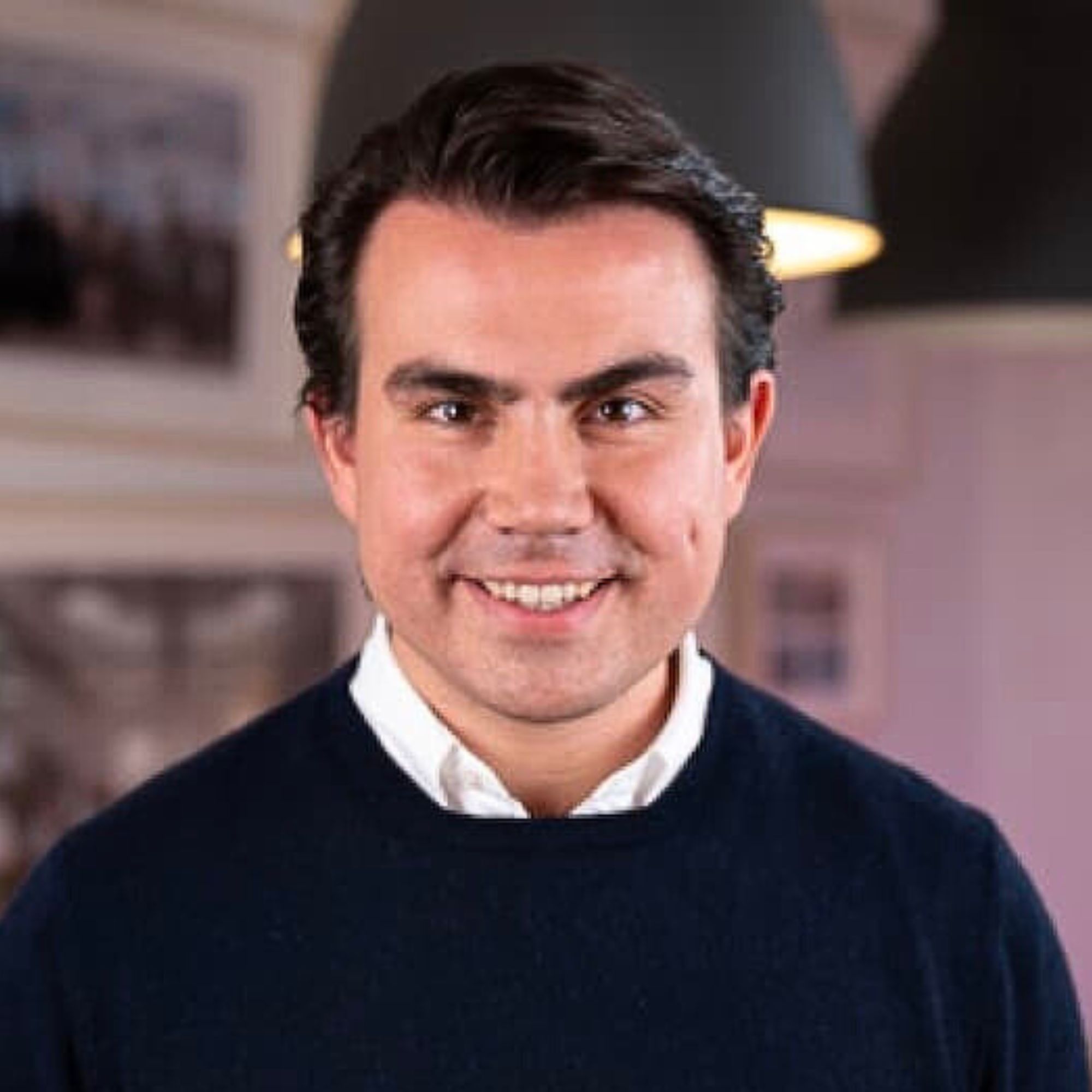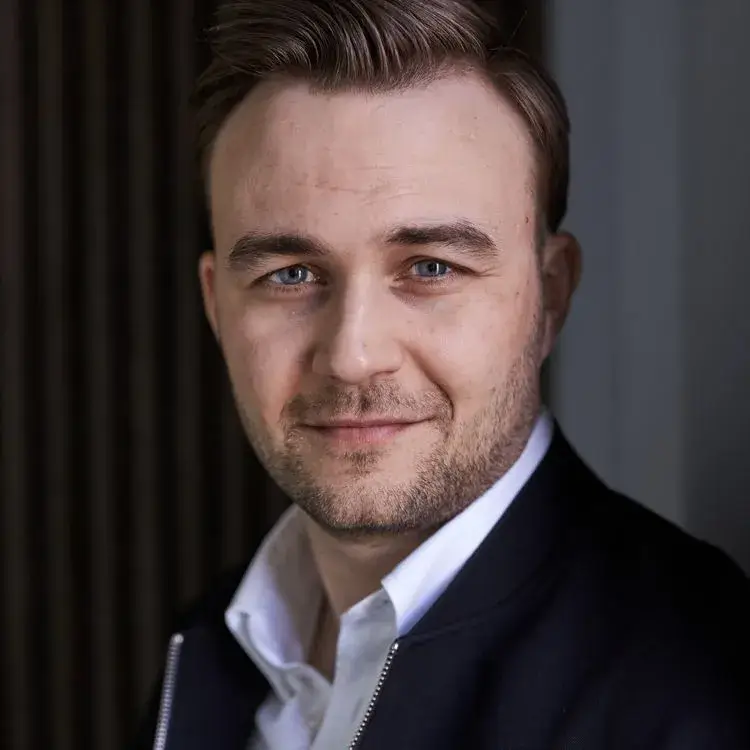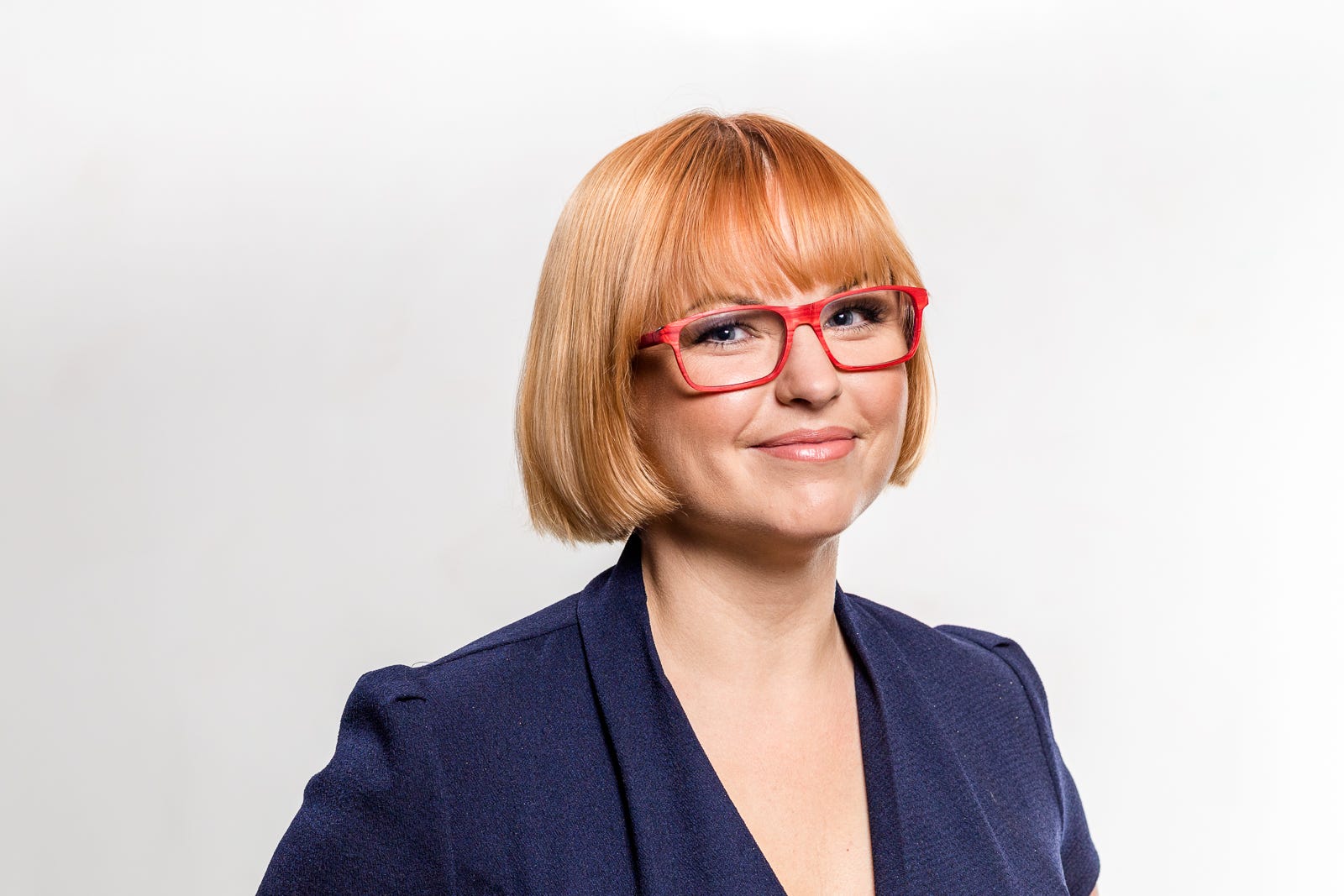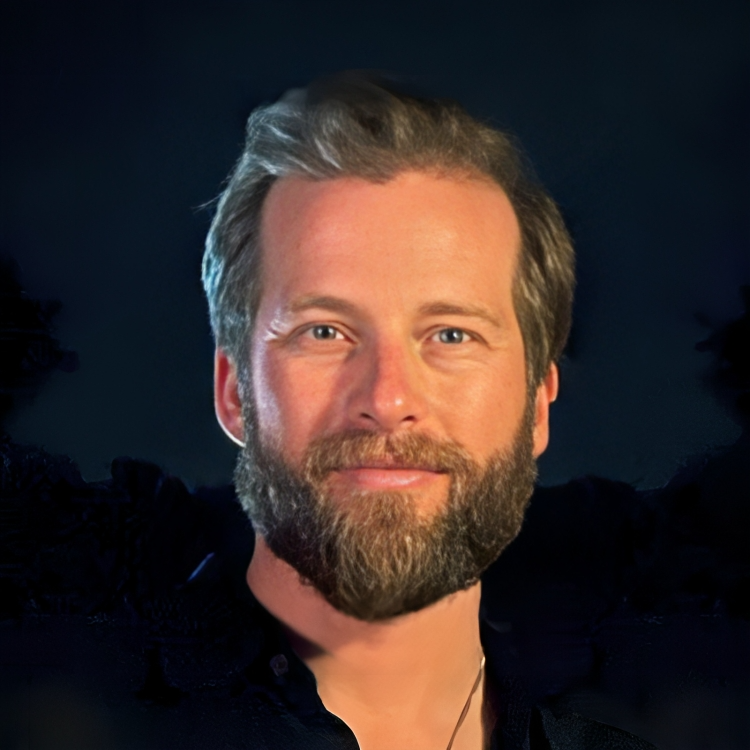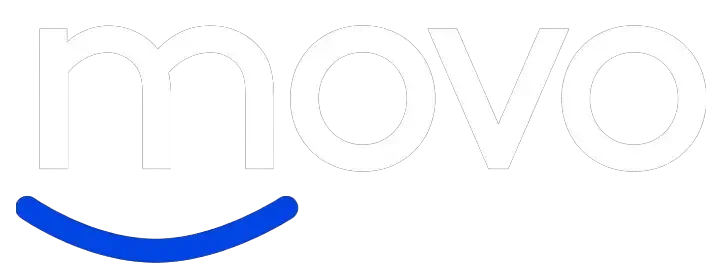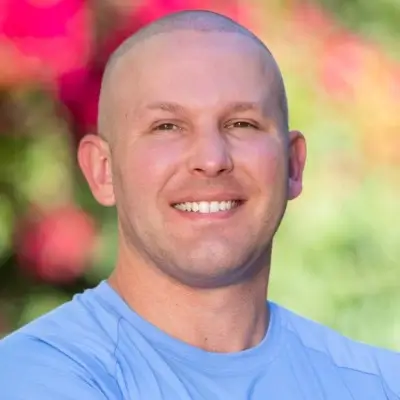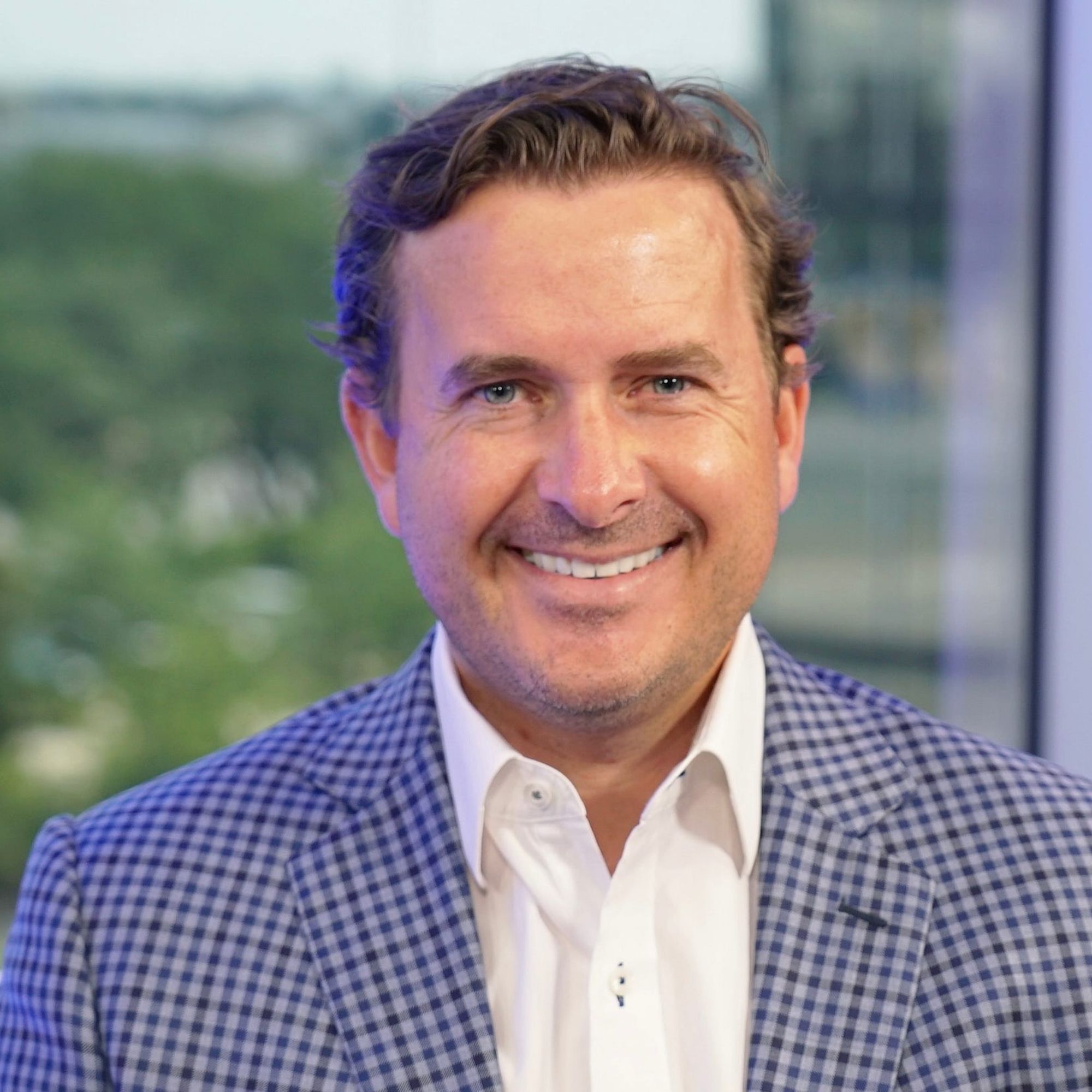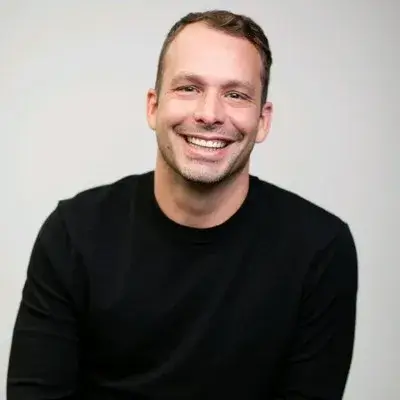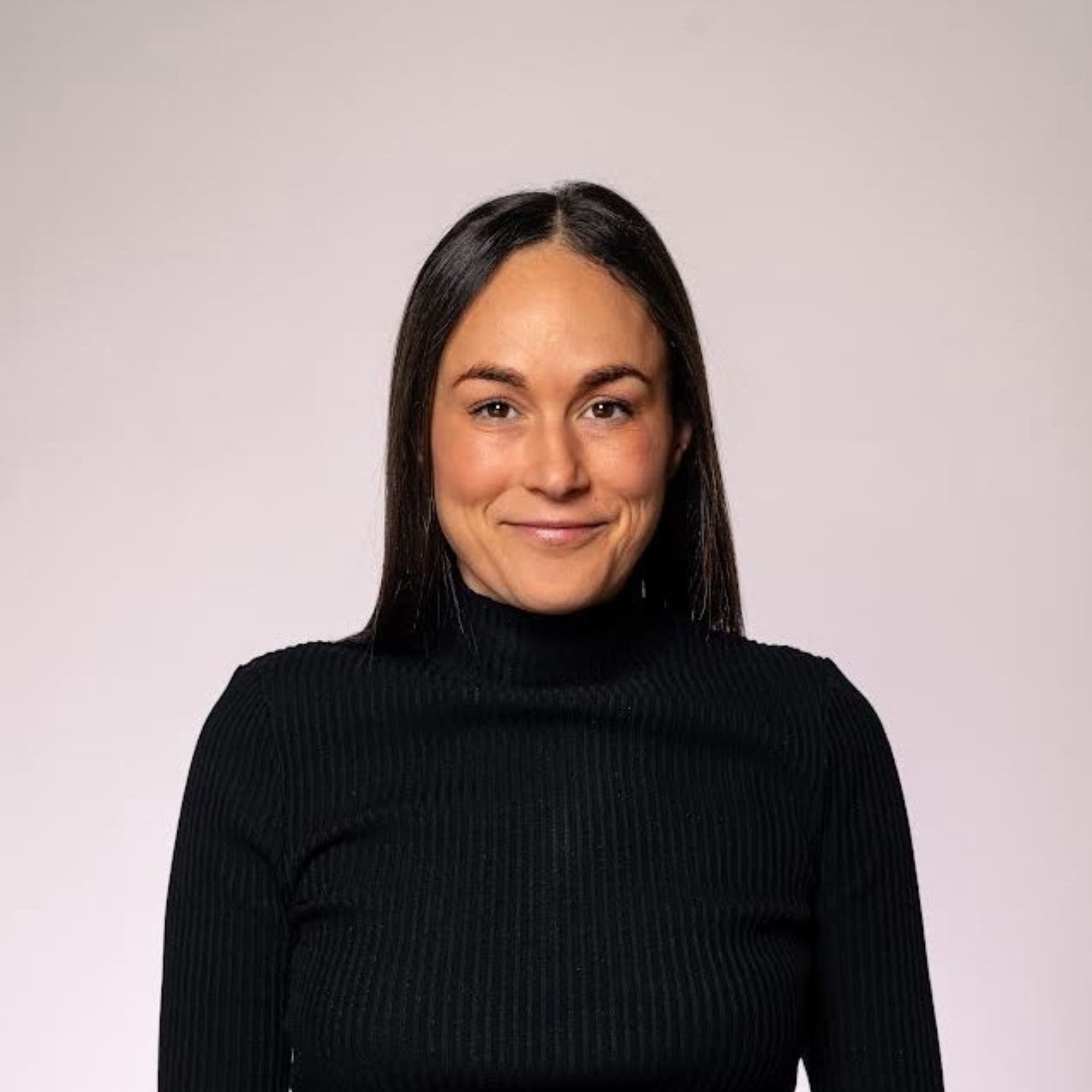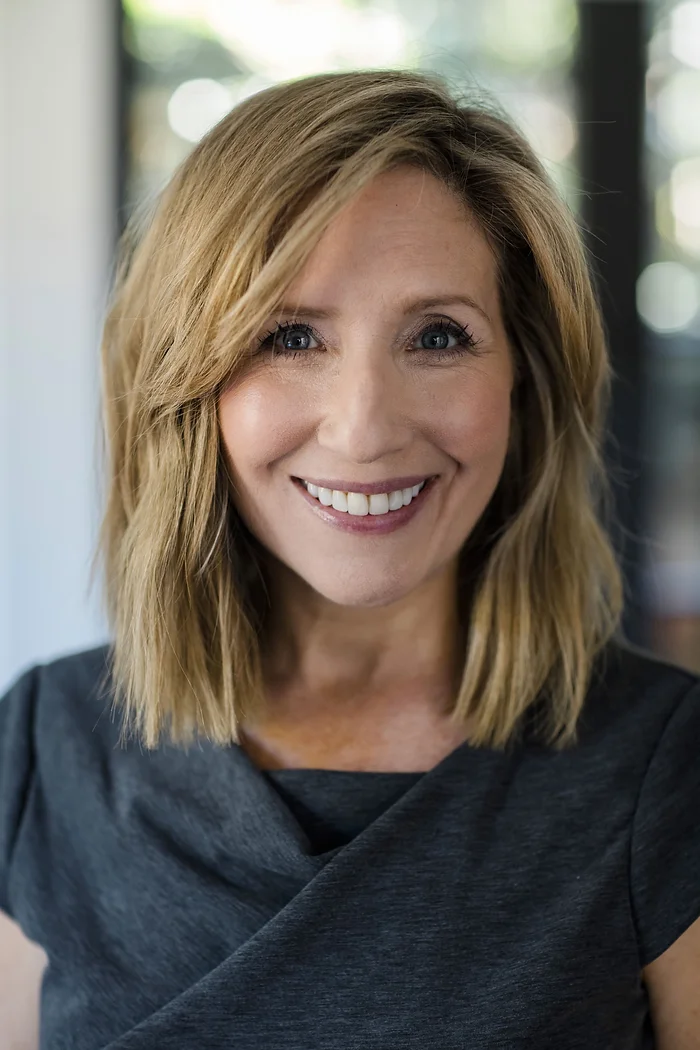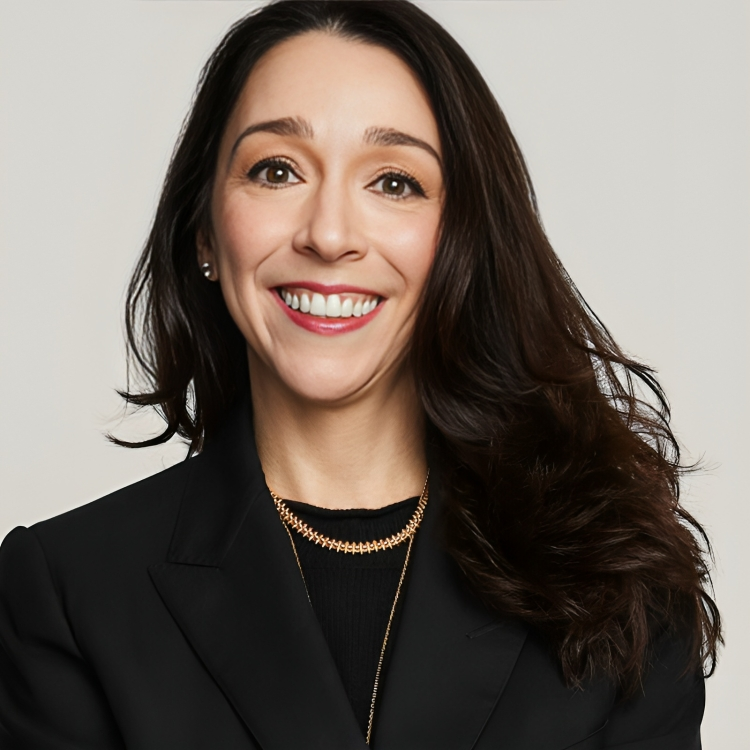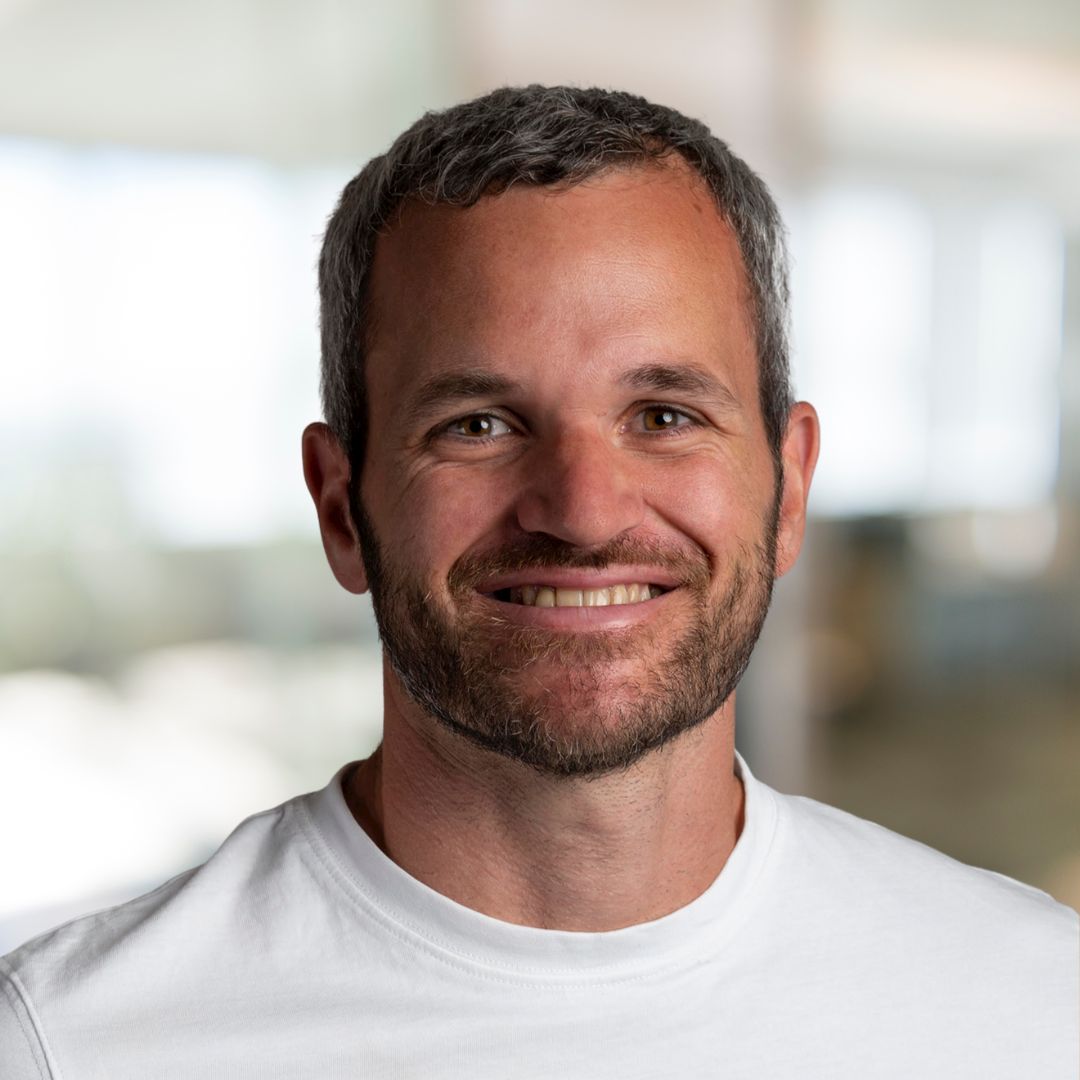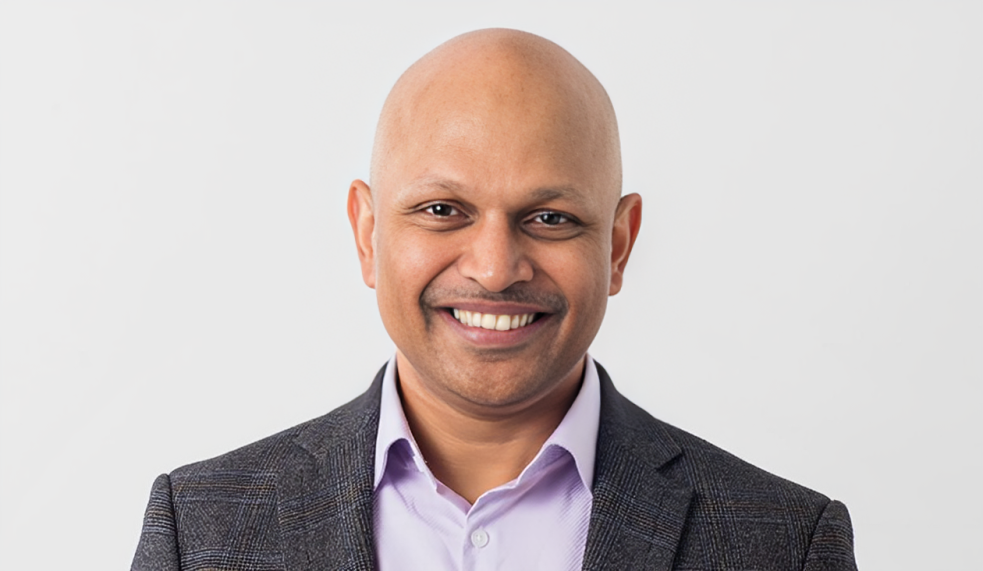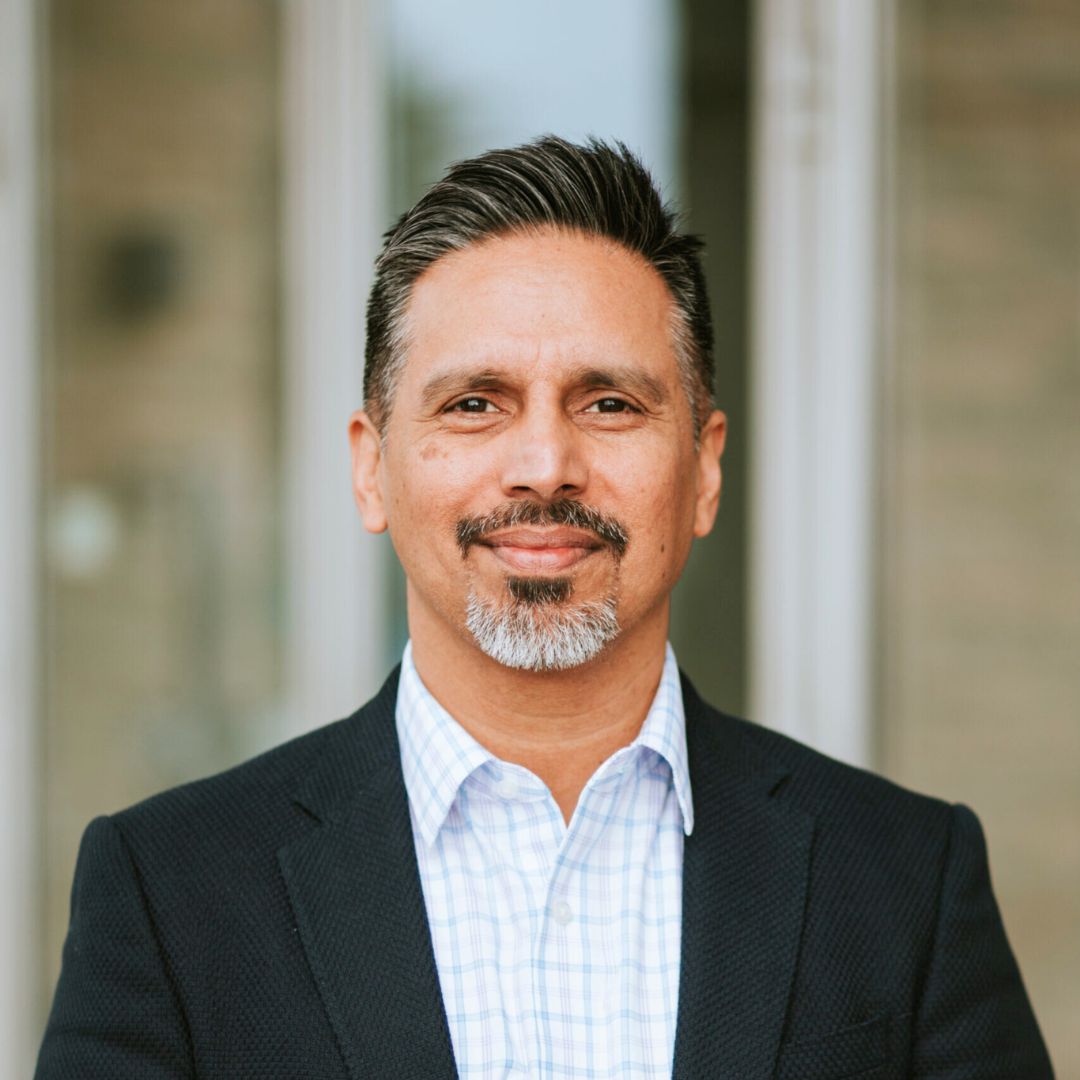Ready to build your own Founder-Led Growth engine? Book a Strategy Call

Frontlines.io | Where B2B Founders Talk GTM.
Strategic Communications Advisory For Visionary Founders
Actionable
Takeaways
Treat SMBs like consumers, not enterprises:
Tomer's most important insight was recognizing that small businesses make purchasing decisions more like consumers than enterprises. Instead of deploying traditional B2B tactics like cold calling and enterprise sales processes, Gusto focused on building a product people love, measuring success through NPS, and relying on word-of-mouth growth. This consumer-oriented approach enabled them to scale to hundreds of thousands of customers without heavy reliance on human-driven sales processes.
Map the emotional journey of every user interaction:
Gusto institutionalized customer empathy through design critiques that plot the emotional ups and downs of user experiences. They ask: "Where can we make the highs higher and help lift people from emotional lows?" For example, they celebrate moments like getting paid while providing extra support during difficult tasks like layoffs. B2B founders should systematically examine every customer touchpoint and design experiences that acknowledge the human emotions involved in business processes.
Create listening posts throughout your organization:
Early on, Gusto's entire team heard every customer support call in their shared workspace. As they scaled to 2,000+ employees, they built systematic "listening posts" - Slack channels that automatically funnel customer feedback from NPS surveys, social media, and in-app interactions to the entire building team. This ensures great ideas come from everywhere and keeps the entire organization connected to customer voices.
Focus relentlessly on where customers are happiest:
Rather than trying to serve all SMBs equally, Gusto measured where they had the highest NPS scores, strongest referrals, and most organic growth. They doubled down on these segments and industries for several years until reaching $10 million ARR. B2B founders should resist the temptation to expand too broadly and instead identify their happiest customer segments and go deep with them first.
Phase your go-to-market strategy deliberately:
Gusto's GTM evolved through distinct phases: (1) Invite-only with 20-50 design partners focused on product development, (2) Opening the funnel while testing different channels with one person, (3) Going all-in on what worked (PR, content, social media), (4) Adding paid channels years later, and (5) Building strategic partnerships with accountants. Each phase had clear success metrics and graduation criteria before moving to the next.
Conversation
Highlights
How Gusto Built a $9 Billion Business by Treating Small Businesses Like Consumers
Most B2B software companies serving small businesses follow a predictable playbook: start with SMBs, prove the concept, then rush upmarket to enterprise customers as quickly as possible. The logic seems sound—enterprise deals are bigger, margins are higher, and venture capitalists love the story.
Gusto took the opposite approach. In a recent episode of Unicorn Builders, Tomer London, Co-founder and Chief Product Officer of Gusto, revealed how they built a $9 billion business by making small businesses their forever home, not a stepping stone to something bigger.
The Contrarian Bet That Changed Everything
When Tomer and his co-founders launched ZenPayroll (now Gusto) through Y Combinator in 2012, they made a deliberate choice that would define their entire go-to-market strategy. While other founders were already plotting their path to enterprise, Gusto committed to serving small businesses indefinitely.
“We got this question all the time in our journey, all the time,” Tomer explains. “And you’re right. It’s because that’s kind of the playbook. The playbook is, you know, enterprise companies start small for small business, but as fast as they humanly possible. They go up market right when they get enough trust and logos and so forth. That’s not Gusto’s case, and that was never the intent.”
This wasn’t just positioning—it was a fundamental reimagining of how B2B software could work. The key insight? Small businesses make purchasing decisions more like consumers than enterprises.
“The thing that was most important is this early days insight that we still need to not just carry today, but reinforce today when people join gusto, which is we should think about our go to market as more like consumer go to market than like enterprise go to market,” Tomer shares.
Building Customer Obsession Into Every Interaction
Gusto’s consumer-first approach manifested in unexpected ways. In their early San Francisco loft office, the entire company—engineers, designers, product managers—sat in one room where they could hear every customer support call.
“What’s really cool about that is that then often you had engineers or again, designers, PMs, like, listening and say, hey, that customer had a really good point. We haven’t thought about that. Let’s go quickly kind of fix this problem. Let’s quickly build a new feature around that,” Tomer recalls.
This accidental arrangement became a core principle. As Gusto scaled to over 2,000 employees, they systematically recreated this customer proximity through what they call “listening posts”—Slack channels that automatically funnel customer feedback from NPS surveys, social media, and in-app interactions directly to builders throughout the organization.
But the real innovation was how they designed for emotion, not just function. Gusto institutionalized empathy through design critiques that map the emotional journey of every user interaction.
“In the design critique, we always ask this question of, like, what is the emotional journey of the user through the feature, through the customer experience?” Tomer explains. “And you kind of, if you plot it as a graph of, like, ups and downs, where do you have opportunities to make the ups go higher?”
This emotional mapping led to celebrating moments like getting paid while providing extra support during difficult tasks like layoffs—treating business software users as humans, not just job functions.
The Three-Phase Go-to-Market Evolution
Gusto’s path to 400,000+ customers wasn’t accidental. Tomer breaks their go-to-market evolution into distinct phases, each with clear graduation criteria:
Phase One: Co-Creation with Design Partners
The first phase focused entirely on finding the right customers to help build the product. “Your goal with them and go to market is less about, you know, let’s make as much money as you can or something like that. Let’s get to get that kind of to a revenue milestone. And instead the goal is like who are the right customers to help us develop a great product.”
They deliberately recruited diverse early customers—not just Y Combinator startups, but bakeries, cupcake shops, and swim lesson clubs. This diversity proved crucial for building a truly generalizable product.
Phase Two: Opening the Funnel
Once they had a solid product, Gusto opened up from invite-only to public availability. But this wasn’t about scaling at all costs—it was about measurement. “Your goal is to measure. In our case, like, where does word of mouth bring you? Where does this just like, you know, customer love, referrals, social media, and, you know, just word of mouth, like people posting on Reddit and things like that. Where does that bring you?”
Phase Three: Systematic Channel Development
Only after proving organic growth did Gusto systematically test and scale additional channels. They started with content and PR, then gradually added paid channels, and eventually built strategic partnerships with accountants through Gusto Pro.
Why the SMB-First Model Actually Works
The conventional wisdom suggests that SMB-focused companies struggle with unit economics—small customers don’t pay enough to support healthy margins. Gusto’s business model proves this assumption wrong, but only for the right type of product.
“Oftentimes when you try to sell to do software or whatever, productivity software to a small business, you have two problems. One is small businesses may not need your to do software because, you know, they don’t have that many communication and coordination issues because they’re small. But the other part is that, you know, they’re not willing to pay for it so much because it’s not that important,” Tomer explains.
Payroll, benefits, and HR are different. These are foundational systems that every business needs, regardless of size. “People see the value and they’re willing to pay. And as a result of that, you know, you can build a great business model around that.”
This foundation enabled Gusto’s expansion into adjacent areas like time tracking, scheduling, tax credits, and compliance—building a comprehensive platform that increases customer lifetime value while maintaining their SMB focus.
Scaling Consumer Principles in B2B
Perhaps the most instructive aspect of Gusto’s strategy is how they maintained consumer-like experience principles while scaling to hundreds of thousands of customers. The tension between human touch and self-service could have broken their model.
“When we do call that person and have them on the phone, that seller can be really helpful and can really help in conversion. So then over time the tension can be, hey, shouldn’t we just have more and more salespeople to go and kind of sell and every single customer,” Tomer notes.
Instead of defaulting to a sales-heavy model, Gusto maintained their self-service core while using human interaction strategically. Customers can complete their entire onboarding “at midnight on the weekend because, you know, they’ve been too busy throughout the week” without requiring sales calls.
This approach enabled them to scale efficiently. “I think it would be really hard to add tens and hundreds of thousands of small businesses if you have this reliance on humans as a part of your funnel.”
The Future of SMB-First Strategy
Today, Gusto serves over 300,000 customers but represents less than 10% of their total addressable market. Rather than pivoting to enterprise, they’re doubling down on serving small businesses better through two major initiatives.
First, they’re expanding deeper into compliance automation—helping small businesses navigate the tens of thousands of regulations that affect them each year. “As a small business, you’re expected by the government to just know what to do. And you know, the only way to do it that I know of, that’s outside of what we’re developing is to hire a lawyer for every single decision that you do.”
Second, they’re building Gusto Embedded, a platform that lets other software companies offer payroll capabilities. This includes partnerships with companies like Xero, where accounting software users can run payroll without leaving their primary platform.
Lessons for B2B Founders
Gusto’s journey offers several counterintuitive lessons for venture-backed B2B founders:
Consumer insights apply to B2B buyers. Small business owners make purchasing decisions more like consumers than enterprises. Understanding this changes everything from product design to marketing strategy.
Emotional design matters in business software. Mapping the emotional journey of users and designing for human moments—both high and low—creates differentiation that’s hard to replicate.
Channel development should be sequential, not parallel. Prove one channel completely before scaling others. Gusto’s phased approach prevented them from spreading resources too thin while building sustainable growth engines.
Some markets reward staying focused. Not every B2B company needs to move upmarket. If your product addresses a fundamental business need with sufficient market size, you can build a massive business serving smaller customers.
Tomer’s final insight captures the essence of their approach: “Small businesses are just a beautiful part of our economy. They represent, for me, like one is just opportunity for people.” By treating this opportunity with the respect it deserves—and the customer experience principles it requires—Gusto built one of the most beloved B2B companies in the market.
The question for other founders isn’t whether they should copy Gusto’s exact strategy, but whether they’re thinking deeply enough about who their customers really are and how they actually want to buy.



